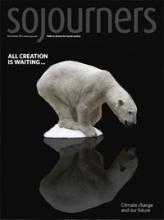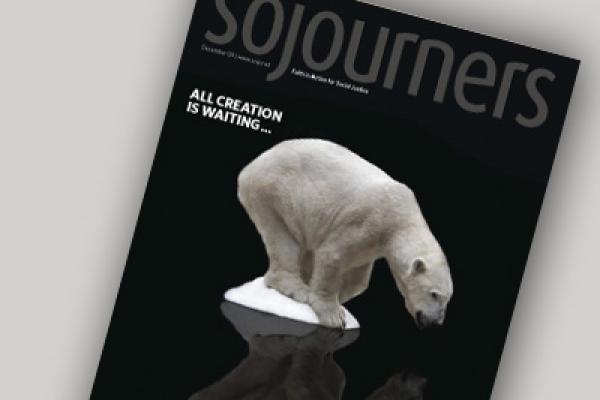Jesus said to his disciples, “I tell you, do not worry about your life, what you will eat, or about your body, what you will wear … Consider the ravens: They neither sow nor reap, they have neither storehouse nor barn, and yet God feeds them. —Luke 12:22-24
To our ears, this text seems simplistic, extreme, or naive. And in the wake of the recent global meltdown of financial markets, Jesus’ counsel not to be anxious seems frankly absurd. If we Christians pay attention to this scripture at all, it is sentimentalized as Jesus’ cute but irrelevant “St. Francis moment.” The notion of an economic relationship with nature unmediated by our industry (in both senses) is, well, for the birds.
This is because Jesus’ vision here cuts deeply against the grain of our most sacred modern assumptions about the relationship between economics, the environment, and faith. We do not believe nature is personal or beneficent, but that our material survival depends upon our technological ability to re-engineer it. Our functional faith (despite our religious professions) lies in our ability to manage scarce resources in a way that promotes economic growth (and market advantage). But the recent economic crisis, as well as growing disparities in wealth and a looming ecological apocalypse, are forcing us to question these orthodoxies.
A few years ago journalist William Greider wrote, “The operating principles of capitalism have become dangerously obsolete. The house of economics is due for major renovation, if not a complete tear-down ... As it presently functions, capitalism encourages human pathologies—embodying irresponsibility as a central requirement in its operating routines.” He concluded, “Above all, we need a new narrative of American capitalism.”
Read the Full Article

